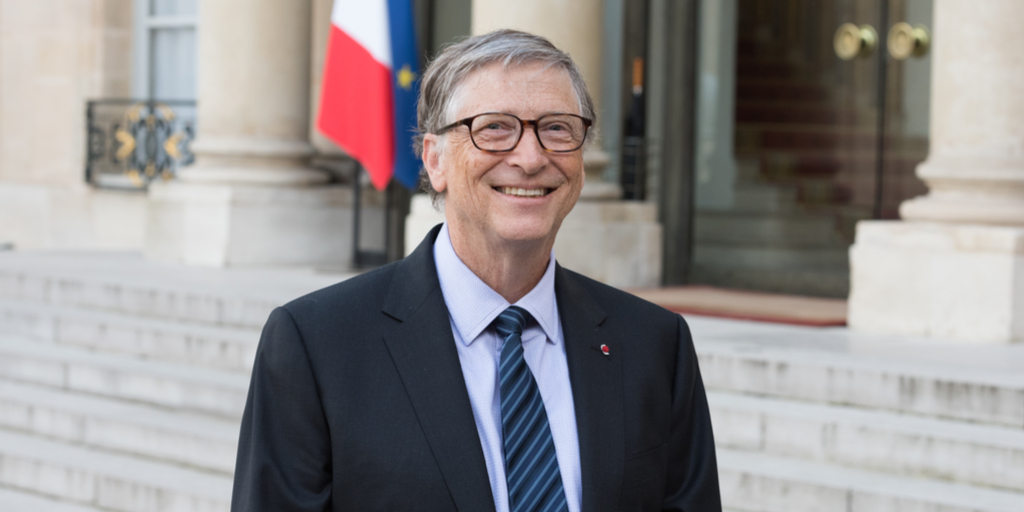The British Empire is no more, but all across the planet, people play English sports, because they are exciting, fun, and community-building.
How Bill Gates Fails to Understand International Politics
Bill Gates is a great entrepreneur who has created so much value for the world that it dwarfs the value he has created for himself. But he seems painfully naïve when it comes to international political economy. This all too common lack of realism may impede practical political solutions to large issues, like global warming and world peace. Excessive confidence in international solutions leads to the neglect of more plausible unilateral ones.
In the New York Times this weekend, Gates reviewed Yuval Noah Harari’s 21 Lessons for the 21st Century, a book which noted correctly that changes in the world that created more global connectivity made it possible to hold a truly global Olympics, a competition that would not have been remotely possible 1,000 years ago. Gates then comments as follows:
The point is that today’s competition among nations — whether on an athletic field or the trading floor — “actually represents an astonishing global agreement.” And that global agreement makes it easier to cooperate as well as compete. Keep this in mind the next time you start to doubt whether we can solve a global problem like climate change.
But forging a global structure for a sports competition or a trading floor is fundamentally different from one to address climate change. The first two are win-win propositions. It is true that some individual athletes triumph and others lose at the Olympics, but all benefit in the short term from the opportunity to participate not only because they might triumph, but because they get valuable exposure. Trading between people of different nations is the classic example of an agreement that expands the pie.
But a global warming agreement has winners and loser nations. Some nations are net beneficiaries from global warming, others net losers. Nations emit carbon pollution at very different rates. The absence of win-win solutions makes agreement much harder.
Second, the objectives for a sports competition or even a trading floor are well understood and agreed upon. But even if there is a consensus that global warming is occurring, there is no consensus on its degree or how to address it. Because of this lack of consensus combined with the fact there are winners as well as losers, enforcement of any agreement would be far more difficult. Indeed, any serious enforcement will likely require empowering an international bureaucracy with all the agency costs that entails.
It is true that the nations reached the Paris Accord on Climate Change but the United States has already dropped out. And this is not a surprise, because President Obama could never summon the popular or legislative support to ratify it as an executive—legislative agreement, let alone a treaty. In part, this failure stems from the fact that many states are large losers under the agreement, at least on the short term time horizon that concerns politicians. Indeed the Senate voted 95-0 against the Kyoto Protocol that preceded the Paris Agreement. Moreover, nations have frequently failed to comply with the goals of previous agreements related to global warming, suggesting that the goals of this agreement also will not be reached.
None of this is to say that the nation states should not continue to try for some agreement. But it is not going to be facilitated by Gates’ happy talk. Indeed, the realistic difficulty should prompt the United States, including its states and localities, to prepare for a Plan B, which would adapt their circumstances to a new climate. Some scientists of climate change, like Bjorn Lomberg, believe that policies for adaptation may be some of the most cost-effective we could undertake.


